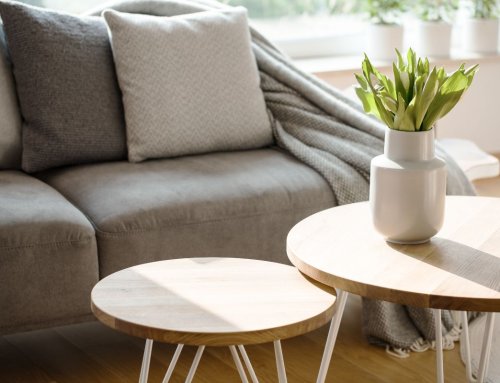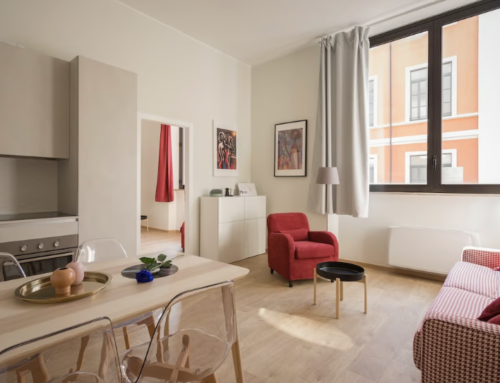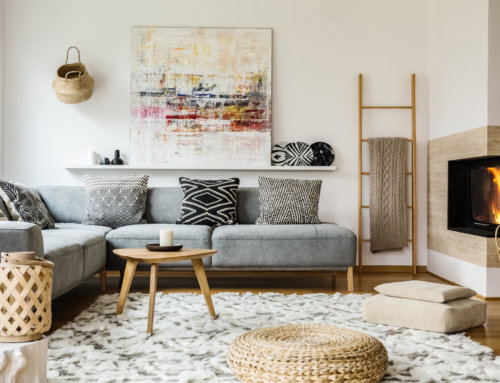Some 31.9 million Americans are currently battling the disease of addiction. With those numbers, it’s not hard to see why more sober living homes are opening up around the United States.
If you’re opening a sober living home, you may be wondering how best you can support your fellow recovering addicts. Sober living homes allow the resident to maintain a solid sobriety system while they transition back to everyday life.
Sobriety support is key to recovery success. Read on to find out how to create a sobriety social network in your sober living home.
What Is a Sober Living Home?
Sober living homes are safe places for residents recovering from addiction to alcohol or drugs. Typically run by fellow recovering addicts, they offer a sobriety support network to the new resident. This helps them while transitioning from treatment back into the “real world.”
They offer the recovering addict stability, structure, and accountability. A sober living facility acts as a house where residents have to show responsibility by helping with chores and paying rent. There is no limit to the amount of time you can reside in a sober living home, so long as you’re paying your way and following the few rules that they have.
An essential part of recovery is creating lasting connections. These should be with like-minded people who abstain from drugs or alcohol. While living in a sober living home, addicts in recovery can meet other recovering addicts. Here, they can make lasting friendships that they can take with them into their new, sober future.
While residing in a sober living home, recovering addicts have the security and freedom to find a job. Eventually, when they feel stable, they can look for housing outside of the sober living facility.
Creating a Sobriety Support System Within Sober Living Housing
If you’re opening a sober living facility, chances are you have some personal experience with addiction. Or addiction has affected someone you love. So you will know how vital sobriety support groups are. Here are some ways to incorporate a sober social network within your sober house.
Create Accountability
When one is consumed by addiction, everyday duties and responsibilities take a back seat. As a result, chores are neglected and mealtimes are often skipped. In a sober living facility, the first way to forge connections between the residents is to get them to hold each other accountable.
Residents living together can make weekly duty rosters. These lists can include duties like cooking, cleaning, and laundry. Then, if one addict slips up, the others will hold them accountable for their actions, or lack thereof.
Create a Peer-Based Sobriety Support Group
Previous studies have shown promising outcomes for recovering addicts participating in peer-driven recovery support groups. By offering regular group support sessions, the resident gains:
- Improved confidence
- Raised self-esteem
- A deepened belief in themselves
- Newfound faith in their abilities
It is not uncommon for many addicts to become introverted during active addiction. By providing safe ways for residents to connect with peers, the addict learns to lean on their sober support networks. In addition, this can help many addicts to become more sociable over time.
Mandatory 12 Step Group Participation
You can also require mandatory attendance to 12 Step programs like Alcoholics Anonymous and Narcotics Anonymous. Residents should be required to join the 12 Step program they connect with and attend weekly meetings. These meetings won’t necessarily occur on the premises but rather at local community centers and church halls.
Meetings are held in the same place every week, and meetings are happening every day. Residents are required to obtain a sponsor and begin working the twelve steps.
Hosting Weekly Local Alcoholics Anonymous Meetings
You can host your own weekly meeting if you have the space available. To start, contact the local General Service Office (GSO) for a copy of the New Group Form. Complete and return this form for your group to be listed online on the official AA website. In addition, each new group will be provided a complimentary handbook and a small supply of official AA literature.
Other requirements to host a meeting are the added participation of at least two or three other addicts and a coffee station with everything needed to make coffee or tea. Some meetings even provide complimentary biscuits for the group, which are funded by the monetary donations of each group member.
Finally, official AA recovery literature must be available to fellow addicts at every meeting. Literature can be displayed on a table and manned by the group’s Literature service member. This member will have a small cash box to dispense any change, as card payments are rarely accepted in groups.
Host Sober Events
Socializing at the beginning of recovery is challenging for many addicts. Returning to their former social groups can often be damaging to their progress if their peers still engage in drugs and alcohol. In addition, special event days like New Year’s Eve and Christmas can be triggering to recovering addicts, which can cause them to forget their efforts and relapse on their drug of choice.
By hosting sober events on these occasions, you can offer residents a way to have a good time without worrying about being tempted to drink or use drugs. This again helps recovering addicts connect with one another, replacing negative social circles with positive ones.
Offer One-On-One Therapy Sessions
While fellow recovering addicts run many sober living homes, they don’t often include any on-site medical staff as a treatment center would. However, outsourcing a licensed addiction therapist or life coach is another way to offer sobriety support to your residents.
Find Your Sobriety Support Network Today
Sober living houses can offer recovering addicts a safe way of returning to everyday life while still offering the support and stability they found in treatment. So long as you’re following the rules and paying your way, a sober living facility can assist you as long as you need to find a place to call your own.
If you’re looking for a sober living house that fits your needs, contact us today or use our ‘Search Sober Living Houses Near Me’ feature to find your nearest sobriety support facility. We’re waiting to connect you with your future.









